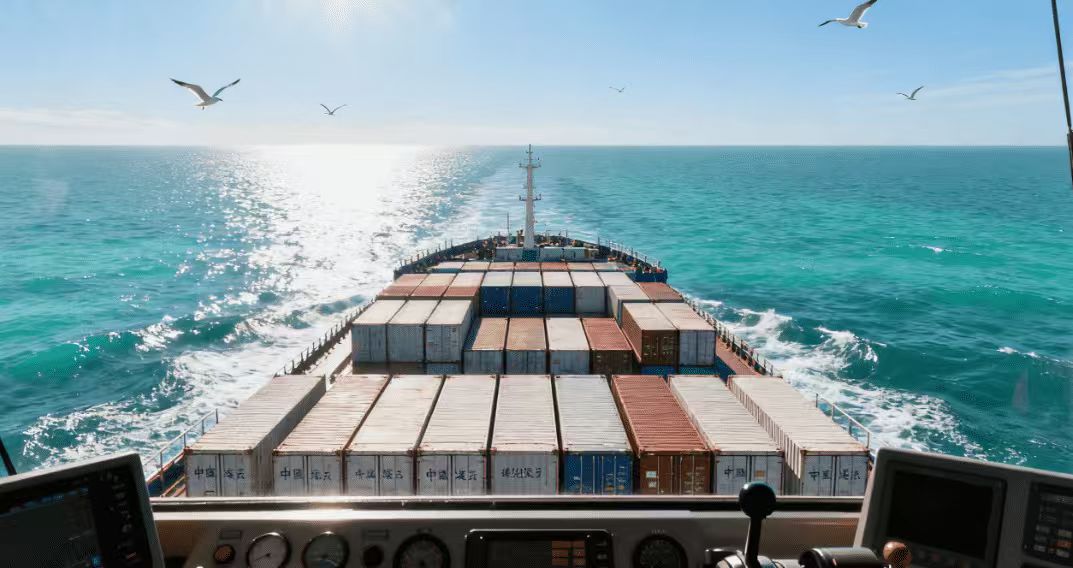
The global trade landscape thrives on efficient connectivity, and the shipping routes between China and Egypt exemplify this dynamic. As a strategic hub linking Asia, Africa, and Europe, Egypt plays a pivotal role in international logistics, particularly for businesses exporting goods from China. For companies seeking reliable logistics solutions to navigate this corridor, understanding the available routes, transit times, and service options is essential. This blog explores the primary shipping routes, modes of transport, and key considerations for optimizing freight services from China to Egypt, empowering exporters to make informed decisions.
1. Overview of China-Egypt Trade Corridors
China and Egypt maintain robust trade ties, with bilateral trade exceeding $15 billion annually. Major exports from China include electronics, machinery, textiles, and chemicals, while Egypt supplies oil, minerals, and agricultural products. This exchange underscores the demand for seamless logistics solutions that balance cost, speed, and reliability.
The shipping routes from China to Egypt primarily involve maritime transport, supplemented by air freight for time-sensitive cargo. The choice of route depends on factors such as cargo type, volume, urgency, and budget. Below, we dissect the main options available to exporters.
2. Maritime Shipping Routes: The Backbone of Trade
Over 90% of global trade occurs via sea freight, making maritime routes the cornerstone of China-Egypt logistics. The journey spans approximately 20–30 days, depending on the ports of origin and destination. Key maritime pathways include:
a. Suez Canal Route (Most Direct)
- Ports of Origin: Shanghai, Ningbo, Shenzhen, Qingdao
- Transit Time: 20–25 days to Port Said or Alexandria
- Advantages:
- Shortest maritime distance, reducing fuel and handling costs.
- Direct access to Egypt’s primary ports, minimizing inland transportation.
- Considerations:
- Susceptible to congestion at the Suez Canal, especially during peak seasons.
- Requires coordination with reliable cargo agents to secure bookings and manage documentation.
This route is ideal for bulk shipments, such as industrial machinery or consumer goods, where cost efficiency outweighs the need for speed.
b. Transshipment via Mediterranean Hubs
- Ports of Origin: Any major Chinese port → Transshipment at Piraeus (Greece), Valencia (Spain), or Tangier (Morocco) → Egypt
- Transit Time: 25–35 days
- Advantages:
- Flexibility in scheduling, as transshipment ports often have more frequent sailings.
- Reduced risk of delays if direct Suez Canal routes are disrupted.
- Considerations:
- Higher handling costs due to multiple loading/unloading processes.
- Longer transit times may not suit urgent shipments.
This option suits businesses prioritizing reliability over speed, such as those shipping non-perishable goods or raw materials.
3. Air Freight: Speed for Time-Sensitive Cargo
While maritime transport dominates, air freight remains critical for high-value or perishable items. Direct flights from China to Egypt are limited, but connecting routes via Gulf hubs (Dubai, Doha) or Europe (Istanbul, Frankfurt) offer viable alternatives.
- Key Airports:
- China: Beijing (PEK), Shanghai (PVG), Guangzhou (CAN)
- Egypt: Cairo (CAI)
- Transit Time: 5–10 days (including customs clearance)
- Advantages:
- Unmatched speed for urgent shipments like pharmaceuticals or electronics.
- Enhanced security for valuable cargo.
- Considerations:
- Costs 5–10 times more than sea freight.
- Limited capacity for oversized or heavy items.
Partnering with a freight service provider that specializes in air-sea multimodal solutions can help balance cost and speed. For instance, combining air freight for critical components with sea freight for bulk materials optimizes supply chain efficiency.
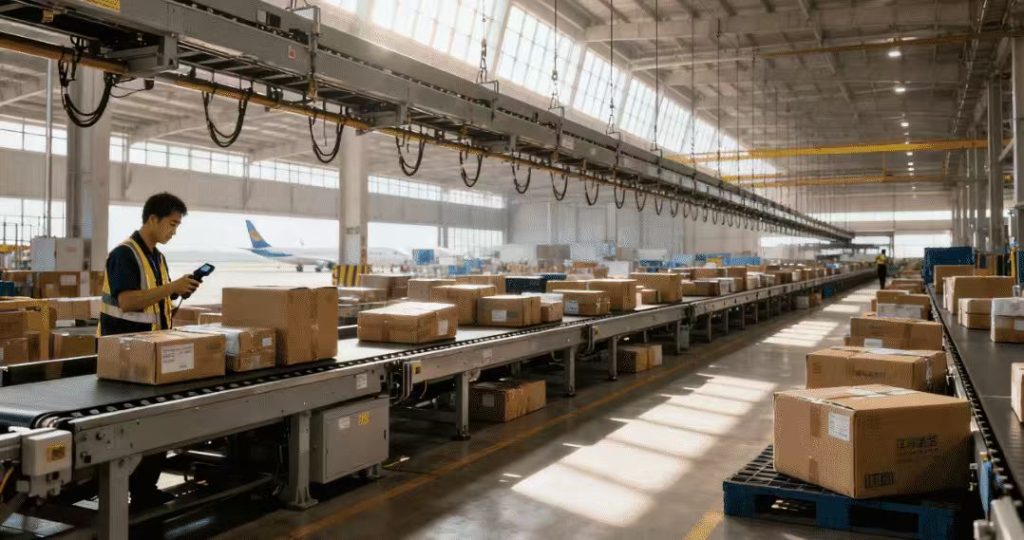
4. Rail and Multimodal Solutions: Emerging Alternatives
Though less common than maritime or air transport, rail and multimodal routes are gaining traction for China-Egypt logistics. The China-Europe Rail Express, while primarily serving Europe, can be integrated with sea freight to reach Egypt via Mediterranean ports.
- Example Route:
- China: Xi’an (Rail) → Kazakhstan → Russia → Europe → Piraeus (Greece) → Sea to Egypt
- Transit Time: 30–40 days
- Advantages:
- Cost-effective for mid-value cargo compared to air freight.
- Reduced carbon footprint versus pure sea or air transport.
- Considerations:
- Complex coordination required for seamless mode transitions.
- Limited infrastructure in Egypt for rail-based last-mile delivery.
This route is ideal for businesses exploring sustainable logistics solutions or shipping to inland Egyptian destinations with poor maritime access.
5. Role of Cargo Agents and Freight Forwarders
Navigating the complexities of international shipping demands expertise. Cargo agents act as intermediaries, managing documentation, customs clearance, and carrier negotiations. For freight services from China to Egypt, a competent agent ensures:
- Compliance: Adherence to Egyptian import regulations, including tariffs and product certifications.
- Cost Optimization: Negotiating favorable rates with carriers and consolidating shipments to reduce expenses.
- Risk Mitigation: Securing cargo insurance and providing real-time tracking to prevent losses.
For example, Winsail Logistics offers end-to-end support, leveraging its global network to streamline shipments from origin to destination. Their expertise in China-Egypt logistics simplifies the process for exporters, enabling them to focus on core business operations.
6. Key Ports in China and Egypt
China’s Major Export Ports
- Shanghai (Port of Shanghai): The world’s busiest container port, handling 47 million TEUs annually.
- Shenzhen (Yantian Port): A gateway for electronics exports, with direct links to the Middle East.
- Ningbo-Zhoushan: Specializes in bulk cargo and industrial goods.
Egypt’s Primary Import Ports
- Port Said: Located at the northern entrance of the Suez Canal, it serves as a transshipment hub for Mediterranean-bound cargo.
- Alexandria: Egypt’s second-largest port, handling consumer goods and agricultural imports.
- Dekheila: Adjacent to Alexandria, it caters to containerized and bulk shipments.
7. Challenges and Mitigation Strategies
Shipping from China to Egypt presents unique challenges:
- Customs Delays: Egypt’s bureaucratic procedures can prolong clearance times.
- Solution: Partner with a cargo agent familiar with local regulations to pre-clear shipments.
- Infrastructure Bottlenecks: Congestion at Suez Canal or Egyptian ports may cause delays.
- Solution: Opt for transshipment routes or diversify carriers to avoid single-point dependencies.
- Political Instability: Regional tensions can disrupt trade flows.
- Solution: Secure comprehensive insurance and maintain flexible supply chain plans.
8. Future Trends in China-Egypt Logistics
The logistics landscape is evolving with technological advancements and geopolitical shifts:
- Digitalization: Blockchain and AI-driven platforms enhance transparency in cargo tracking and documentation.
- Sustainability: Carriers are investing in eco-friendly vessels to reduce emissions, aligning with global climate goals.
- Belt and Road Initiative (BRI): China’s BRI continues to expand infrastructure in Egypt, including the development of the New Administrative Capital and industrial zones, fostering long-term trade growth.
Conclusion: Choosing the Right Logistics Partner
The shipping routes from China to Egypt offer diverse options, each with distinct trade-offs between cost, speed, and reliability. For businesses, the key lies in selecting a freight service provider that combines local expertise with global reach. Whether opting for maritime, air, or multimodal solutions, partnering with a trusted cargo agent ensures smooth operations and compliance with evolving regulations.
Winsail Logistics stands out as a leader in China-Egypt logistics, offering tailored solutions to meet diverse shipping needs. By leveraging their expertise, exporters can navigate the complexities of international trade with confidence, focusing on growth while leaving the logistics to the experts.
Explore their services at https://www.winsaillogistics.com and unlock seamless shipping from China to Egypt today.
-
 Ocean Lcl Freight Service Inconel 625 Wire from China to Chennai2025-09-30
Ocean Lcl Freight Service Inconel 625 Wire from China to Chennai2025-09-30 -
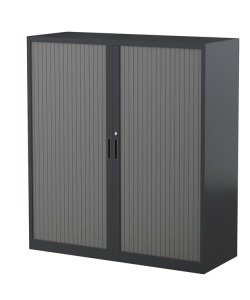 Ocean Freight Service Cabinet Door from China to Dar Es Salaam2025-09-29
Ocean Freight Service Cabinet Door from China to Dar Es Salaam2025-09-29 -
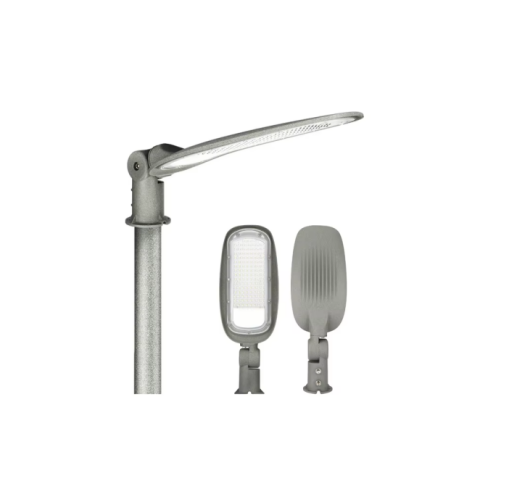 Door to Door by Ocean Freight Fixture Luminaries from China to Jeddah2025-09-28
Door to Door by Ocean Freight Fixture Luminaries from China to Jeddah2025-09-28 -
 Ocean Freight Service Sofa From China To Jebel Ali2025-09-26
Ocean Freight Service Sofa From China To Jebel Ali2025-09-26 -
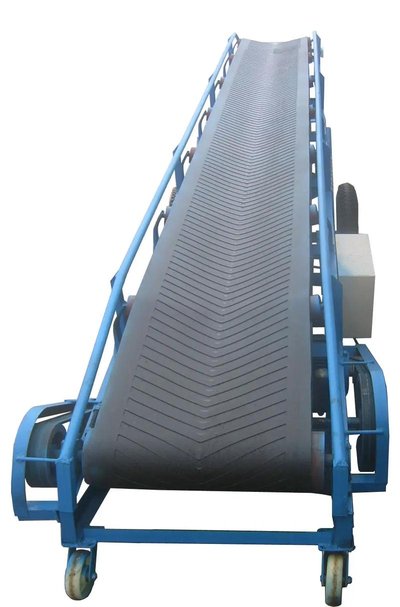 International Express Conveyor Belt From China To India2025-09-25
International Express Conveyor Belt From China To India2025-09-25 -
 Ocean Lcl Freight Service Medical Device From Shanghai to Jebel ali2025-09-25
Ocean Lcl Freight Service Medical Device From Shanghai to Jebel ali2025-09-25

